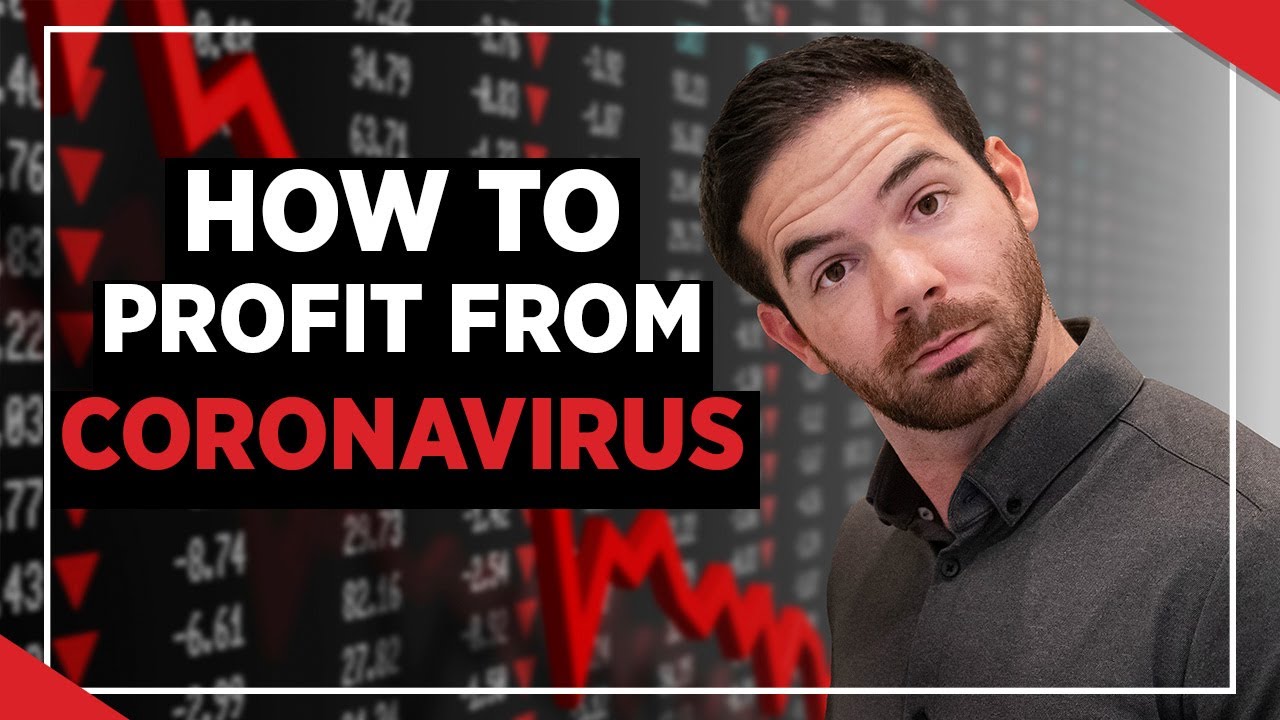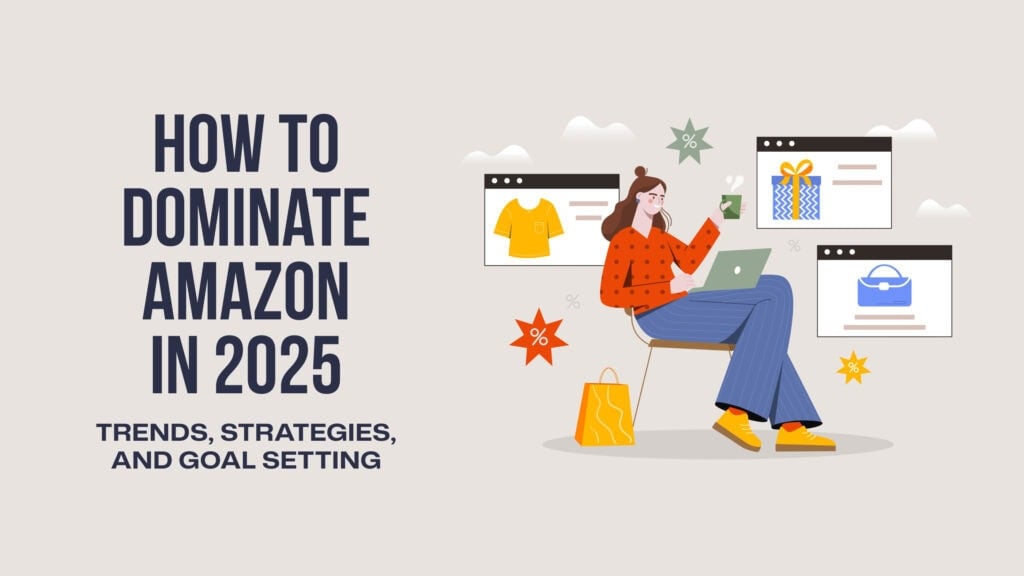Is It Ethical to Profit in a Crisis?
Matt Colvin’s been an Amazon arbitrage seller for nearly a decade. Spidey senses tingling, he thought it would be a smart move to buy up 17,700 bottles of hand sanitizer. After all, people all over the world were starting to stock up in the face of crisis. So, he filled his truck and then his storage unit.
And then the world freaked out.
Matt received death threats. Amazon and eBay banned him. Social media demonized him. After receiving social pressure, he ended up donating the stash to charity.
At the same time, Amazon banned so-called price gouging of common household items and has prevented new people from selling those products on its platform.

This is all done in the name of protecting the customer, preventing price gouging and maintaining a fair and equal marketplace.
However, the opposite has happened.
The result of our attempts to limit price gouging and profiteering has resulted in shortages: shelves are empty, toilet paper is hard to find, and Amazon is out of stock of important emergency goods.
To “solve” the problem further, President Trump invoked the Defense Of Production Act, which gives him the right to use private-sector goods to produce products that the government deems important.
We have dedicated all resources to getting essential goods into the marketplace. However, it never needed to get this bad; a basic lesson in economics would show us that interfering with pricing signals does more harm than good.
In the short-term, the end result was 17,700 bottles of unused hand sanitizer. In the mid-term, the end result is a shortage.
Does anyone benefit from the fact that they couldn't buy hand sanitizer? We know for a fact that some people would have willingly bought it - at a much higher price. But these folks have discovered that they CAN’T buy it, at any price. With the ban, 17,700 bottles of hand sanitizer became unavailable when it was needed the most.
On the contrary, what would have happened if he had been allowed to sell it - or if prices went up?
Yes, prices would increase for a while. In the short run, there may have been even more people trying to raise the price of hand sanitizer (or toilet paper or paper towels).
But in the mid-term (certainly by now), the result would be more people entering the marketplace to satisfy that demand.
Yet, we didn’t allow that to happen.
Instead...
And in so doing, we prolonged the shortages. We played ourselves.

Photo Credit: Chris Van Loan II
Empty shelves - in our local stores and even online - have become a familiar sight in the last week or so. It used to be we barely gave a second thought to such mundane shopping list items as toilet paper. Now it’s the fodder for memes that signal the end of the world as we know it.
Preventing Profit Makes It Worse
Amazon recently announced that they were delaying all shipments of non-essential products in order to give priority to the items consumers are buying up in droves. Things like hand sanitizer, soaps, toiletries, paper towels, and the things that people need most during this time.
Their intentions were good: those who need supplies the most should be able to get them, crisis or not.
But it’s not working.
Stores are pressured to put limits on the number of paper towel rolls, disinfectant wipes, sanitizers, and toilet paper that you can buy in one trip. Essentially, it’s rationing. Still, they can barely keep up with demand.
Here’s What Actually Works (in a Crisis and Not)
Price controls are an attempt to ensure that people get what they need. However, they do not work. We see this on full display at grocery stores and on Amazon, where essential goods are in short supply. None of it has to be this way.
Another strategy would be to simply allow prices to rise. What does raising the price accomplish? In short, it's self rationing. Instead of putting limits on toilet paper and paper towels, pricing signals cause people to conserve. As John Stossel put it, “[price] gouging is just supply and demand.”

Some claim we shouldn't try to make money during a time of crisis. But the purpose of an economy is to efficiently supply goods and services; when we distort pricing signals, there are shortages.
The best way to ensure a steady supply of goods is to allow consumers to make the decision that is best for them and to encourage suppliers to look at where there is the greatest need. We do that through the profit motive. We do that through pricing signals. If prices are not raised, we create shortages… as we're experiencing right now.
When we don't raise prices on the items we need the most, we shoot ourselves in the foot. We stifle the signals that encourage greater production. We end up with rationing instead of getting what we want and need.
A Lesson From The 1970s Gas Lines
The 1970s gas shortage is a perfect example of what’s happening now.
Rather than allowing the price to go up, we rationed gasoline. This move did more harm than good. It created a bureaucratic nightmare, and it prevented the people who needed fuel most from getting what they needed.
A similar event is happening during the Coronavirus crisis. If prices rise, we quickly self-ration, and more suppliers quickly enter the marketplace. In other words, the “hoarding” culture that has begun is eliminated and rendered unnecessary.
And when things normalize, prices fall back to normal. That’s the purpose of the marketplace; to ensure that scarce resources are properly distributed. But when the marketplace is interfered with, we have chaos.
Capitalism is often boohooed as being only about selfish, greedy entrepreneurs looking for short term profits. Sometimes that's true. Sometimes it's also what we need the most.













